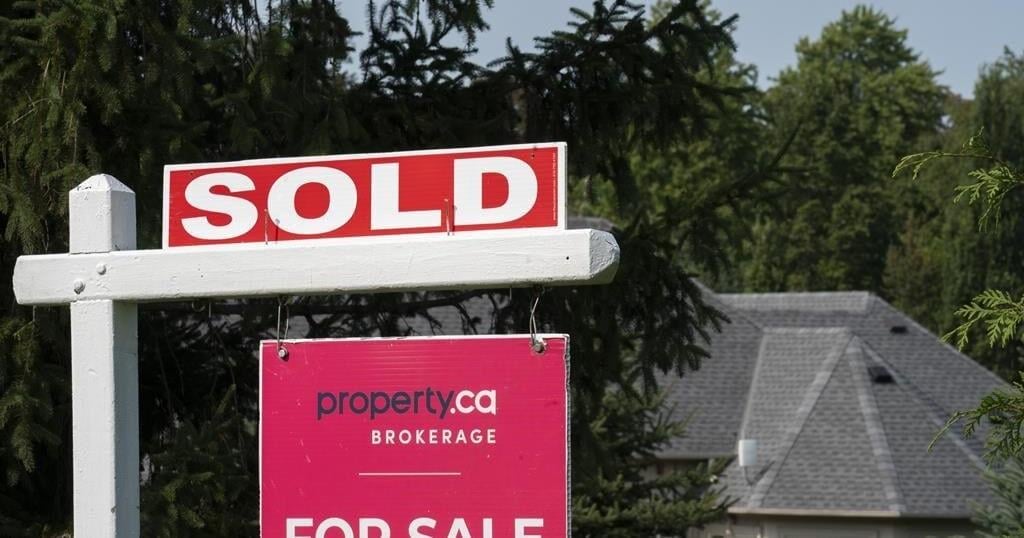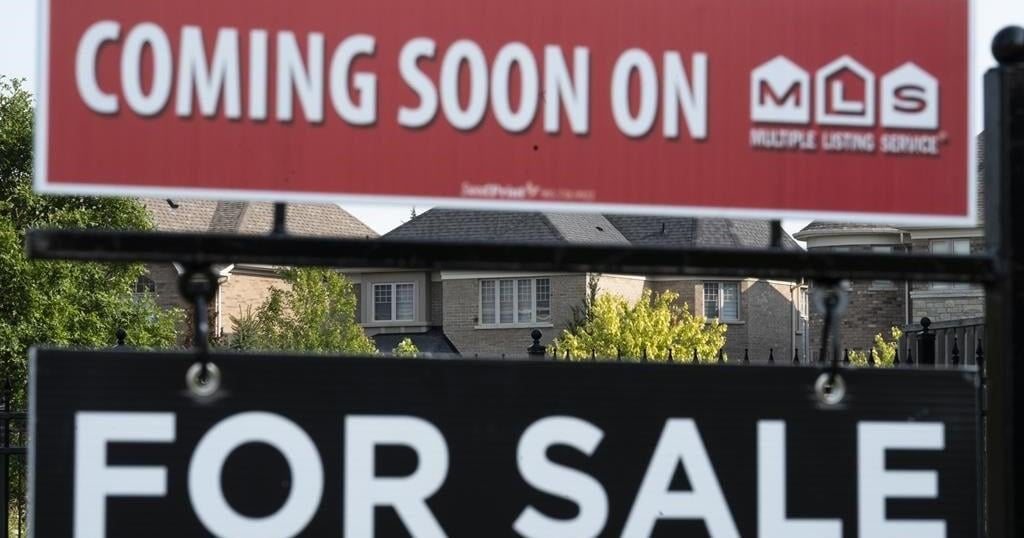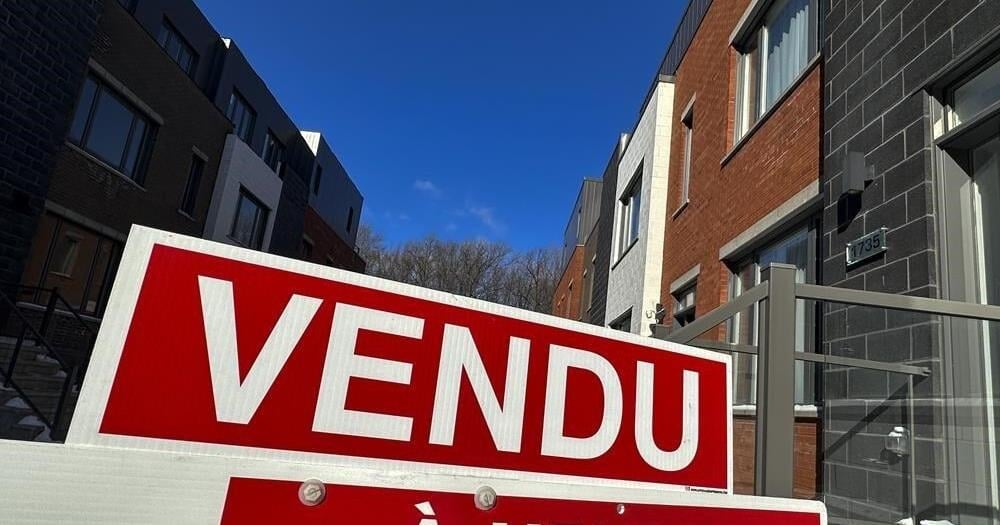Once upon a time, the real-estate market flowed in clearly delineated seasons. Spring and fall were busy, winter and summer slow.
In many ways this continues to be the rhythm — families will always prefer to be settled in time for school to start or the holiday season to kick off, and in a country with but a few short months of glorious summer, July and August will always find most of us out-of-office, even if just in our minds.
But in a city with a years-long inventory problem, real estate has now evolved to become opportunity-driven more than anything else; would-be buyers need to be on the hunt 24/7 lest they miss their chance.
We talk a lot about the challenges first-time buyers face in a tough market like ours. Less frequently explored are the frustrations felt by would-be downsizers who want to shift their focus to their next acts but simply cannot figure out a way to get there.
Downsizers are a critical component to a well-functioning real-estate market. In order for first-time buyers to ascend the property ladder, upward movement depends on those at the top vacating their spots, in this case their family homes.
We call them “downsizers” but that presupposes that smaller houses, stair-free bungalows, or larger apartments are easily accessible. Going from house to a decent sized condo is most often a lateral move, financially speaking. So even though we’re all familiar with the classic Toronto tale of the Boomer couple who bought their Riverdale semi for $37,000 in 1976 only to now be able to sell for $1.5M, the problem is that those gains are meaningless if there’s nowhere to move that will free up some of that equity to fund retirement.
So what then?
Rental apartments are tricky as they’re not particularly stable. Even if you find one you can see yourself being happy in, it’s unwise to plan too far into the future as there is always the distinct possibility of the unit being reclaimed or sold out from under you. The few purpose-built rental buildings in the city are largely 1970s buildings that usually can’t compare to condos in terms of fit, finish and amenities, so not particularly appealing to people coming from a home they love.
And with recent moves by this provincial government to further limit rent control measures as a way to incentivize development of more rental supply, it’s even harder for someone contemplating life on a fixed income to feel secure.
We unfortunately know that COVID-19 has revealed horrendous vulnerabilities in the province’s assisted living and long-term care facilities, so that’s likely going to be a hard pass as well.
So what to do?
Firstly, for a while host of reasons it’s time to change the messaging around “affordable housing” initiatives in this city. We need to incentivize development of projects that meet pressing needs such as this, and advocate for them to the NIMBYs who complain about the city’s lack of housing supply yet simultaneously rail against such projects during the community consultation process.
We need to incentivize developers to build purpose-built rental apartments again, the bigger the better.
We need to lobby the government to help retirees find ways to access the equity in their homes.
At present, there’s no way to access a Home Equity Line of Credit without income, so for many retirees that leaves only predatory reverse mortgages. If the government would step in and legislate to protect seniors from predatory lending while also helping them tap into the equity in their home, that would go a long way. In the meantime, the only real option is to take out such a line of credit in advance of retirement, and keep it clear until you need to advance on it to fund your life. But that shouldn’t be the only way.
It seems to me that this is a moment of opportunity for a savvy entrepreneur.
There is an entire segment of our population who would love some help staying in their homes, even if it’s a smaller house around the corner or a bungalow 45 minutes north of the city. Service offerings that will take on the day-to-day headaches of running a home — garbage day, snow removal, gutter cleaning — for a monthly fee. Occupational therapists that can assess the home and make recommendations for how one might adapt the environment to meet the needs of seniors with evolving health challenges. Concierge-like services that will help tacking online grocery ordering and come help when the cable stops working or the skylight springs a leak.
Because the thing is this — in helping to facilitate the next steps for downsizers by doing more to meet the needs of our seniors, you’re opening up possibilities for everyone else. Win-win. For everyone.
— Lackie is a second-generation Sales Representative with Chestnut Park Real Estate and has been helping her clients navigate the challenging Toronto market since 2011
@brynnlackie

























